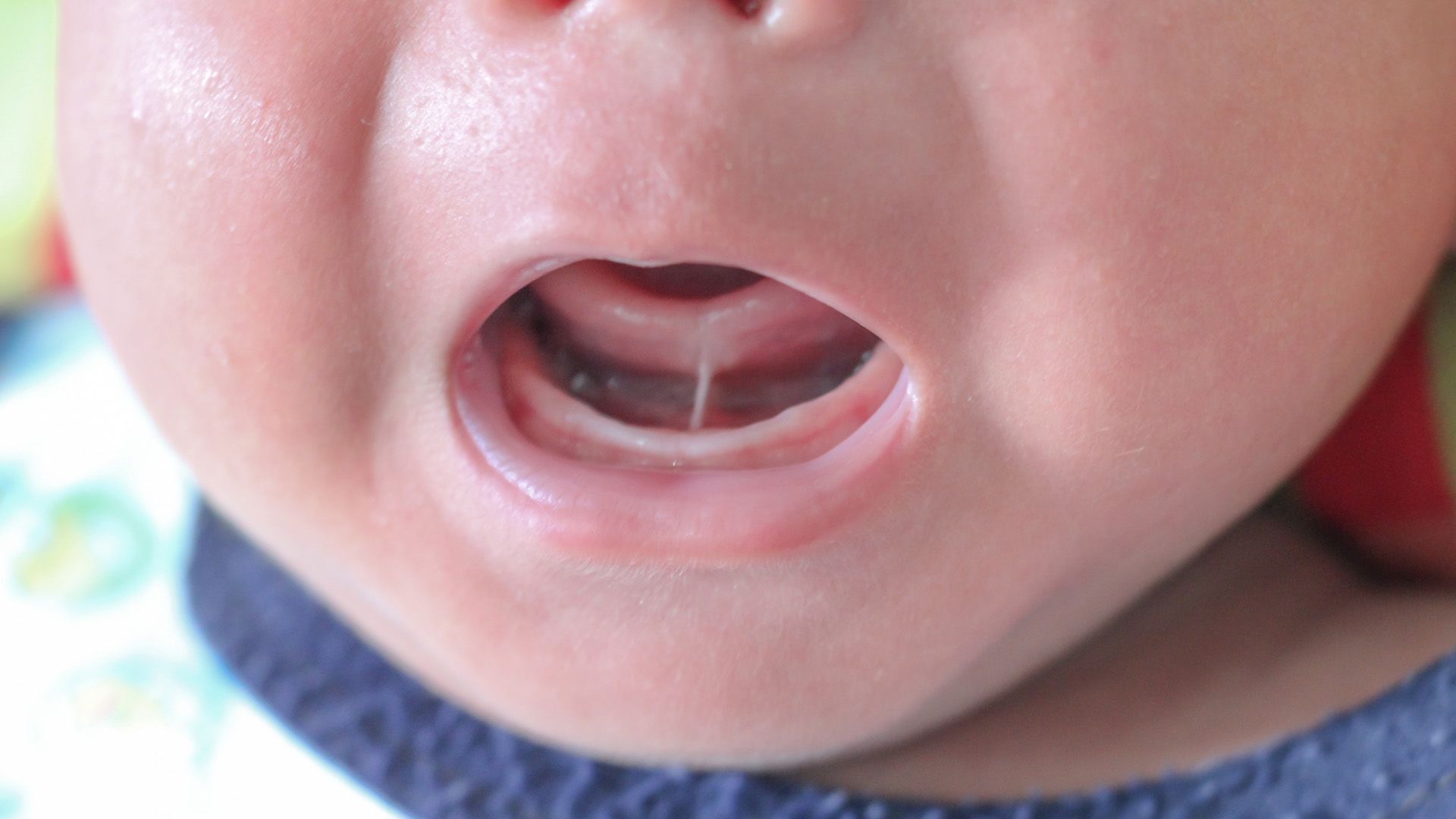Understanding Tongue-Tie in Children
Tongue-tie in children, medically referred to as ankyloglossia, is a condition that can significantly impact their ability to feed, speak, and maintain oral hygiene. This occurs when the tissue band connecting the tongue to the mouth's floor is unusually short, restricting tongue movement. Awareness of tongue-tie in children is vital for parents and caregivers since early detection and intervention can greatly enhance a child's quality of life. This article delves into the nature of tongue-tie, its causes, symptoms, and the diagnosis and treatment options available. By understanding this condition, you can make informed decisions to support your child's oral health and overall development.

What is Tongue-Tie in Children?
Present from birth, tongue-tie in children is a condition where the tissue band connecting the tongue to the mouth floor is shorter than normal, limiting tongue mobility. This restriction can interfere with essential functions like breastfeeding, eating, and speaking. In children, tongue-tie may lead to articulation difficulties and challenges in oral hygiene.
Tongue mobility is crucial for activities such as swallowing and word formation. Children with tongue-tie might have trouble lifting their tongue to the mouth's roof or moving it sideways, which can cause frustration during developmental stages. Tongue-tie in children varies in severity; mild forms may have minimal impact, while severe cases can pose significant challenges. Some children have complete tongue-tie with the tongue tightly attached to the mouth floor, while others experience partial restriction. Understanding tongue-tie's type and severity helps determine treatment options and management strategies.
What Causes Tongue-Tie in Children?
Tongue-tie in children, known as ankyloglossia, affects them from birth. Recognizing its causes can aid early detection. Genetics play a significant role; studies show that tongue-tie can be hereditary, suggesting a genetic predisposition in affected families.
Developmental factors during pregnancy also influence the risk of tongue-tie in children. Tongue formation and attachment occur early in fetal development, and disruptions—whether genetic or environmental—might lead to tongue-tie. Maternal health and nutrition during pregnancy can contribute to the risk.
Environmental influences, though less understood, may also impact tongue-tie development. Exposure to certain medications or toxins during pregnancy could affect fetal development, potentially leading to tongue-tie. Research continues, but awareness of these factors is crucial, as early detection and intervention can greatly enhance a child's oral health and well-being.
Symptoms of Tongue-Tie in Children
Tongue-tie in children, or ankyloglossia, presents various symptoms depending on the child's age. In infants, feeding difficulties are a common sign. Babies may struggle to latch onto the breast or bottle, causing frustration and leading to poor weight gain and increased fussiness due to ineffective sucking. If these issues arise, consult a healthcare professional for assessment.
As children grow, tongue-tie can cause speech difficulties. Parents may notice challenges with sounds requiring tongue movement, like 't', 'd', 'z', and 's', resulting in unclear speech and communication frustration. These issues can impact social interactions and self-esteem, making early intervention crucial.
Watch for signs in daily activities indicating tongue-tie in children, such as difficulty sticking out the tongue, limited tongue movement from side to side, and oral hygiene issues due to restricted movement. Early recognition allows timely evaluations and interventions to improve your child's quality of life.
Diagnosis and Treatment Options
Diagnosing tongue-tie in children starts with a thorough evaluation by healthcare professionals like pediatricians, dentists, or orthodontists. They assess the child's mouth and tongue movement, checking for a tight or short frenulum restricting the tongue's motion. Parents may notice feeding, speech, or oral hygiene difficulties, prompting consultation.
Treatment for tongue-tie in children varies based on condition severity and daily life impact. Non-surgical options include exercises to enhance tongue mobility or orthodontic devices to reposition the tongue. If tongue-tie significantly affects feeding, speech, or dental health, surgical intervention may be necessary. A frenectomy involves snipping the frenulum to improve tongue movement.
Post-treatment care ensures optimal recovery and functionality. Parents should follow healthcare professionals' guidelines, including gentle stretching exercises and monitoring for infection signs. Follow-up appointments track progress and address concerns. Proper diagnosis and effective treatment help families overcome tongue-tie challenges, promoting better outcomes for children.









